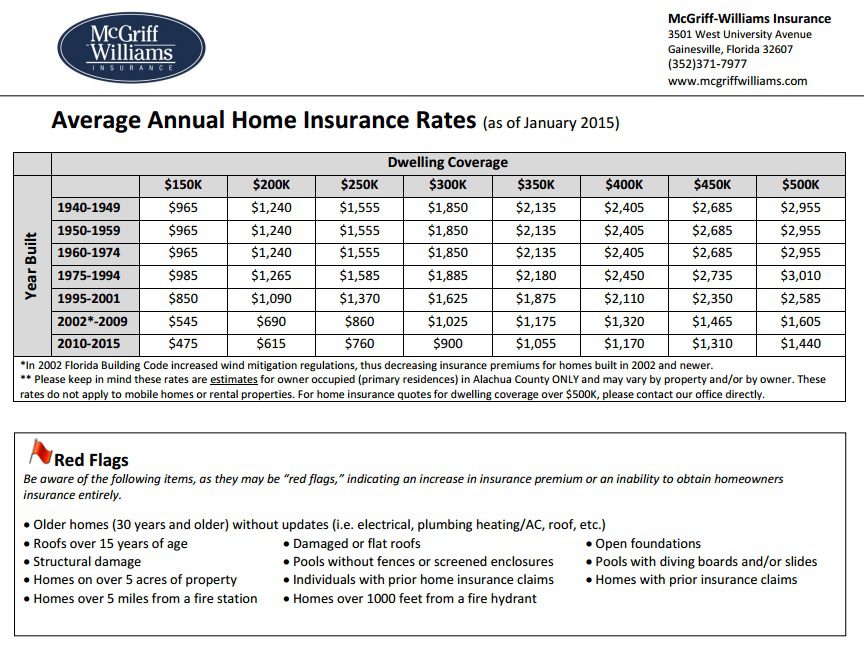A life insurance coverage policy is an agreement with an insurer. In exchange for premium payments, the insurer provides a lump-sum payment, called a survivor benefit, to beneficiaries upon the insured's death. Normally, life insurance is picked based upon the requirements and objectives of the owner. Term life insurance coverage usually provides security for a set amount of time, while permanent insurance coverage, such as whole and universal life, supplies lifetime coverage.
1 There are many ranges of life insurance coverage. Some of the more typical types are gone over below. Term life insurance coverage is created to offer financial security for a particular time period, such as 10 or 20 years. With standard term insurance coverage, the premium payment amount remains the same for the coverage period you choose.
Term life insurance is normally less costly than permanent life insurance coverage. Term life insurance proceeds can be utilized to change Click for more info lost potential earnings throughout working years. This can provide a security internet for your recipients and can likewise assist guarantee the household's monetary objectives will still be metgoals like paying off a home mortgage, keeping a service running, and spending for college.
Universal life insurance is a kind of permanent life insurance coverage developed to offer life time coverage. Unlike whole life insurance, universal life insurance coverage policies are flexible and might enable you to raise or lower your premium payment or coverage amounts throughout your lifetime. In addition, due to its life time coverage, universal life normally has greater premium payments than term.
What Is Credit Life Insurance Fundamentals Explained
Another typical usage is long term income replacement, where the need extends beyond working years. Some universal life insurance coverage item develops concentrate on providing both death benefit coverage and structure cash worth while others focus on offering ensured survivor benefit protection. Entire life insurance coverage is a type of long-term life insurance designed to offer life time coverage.
Policy premium payments are normally fixed, and, unlike term, entire life has a cash value, which operates as a savings element and might accumulate tax-deferred gradually. Entire life can be used as an estate preparation tool to help maintain the wealth you prepare to move to your recipients. Earnings replacement during working years Wealth transfer, income protection and some styles focus on tax-deferred wealth build-up Wealth transfer, conservation and, tax-deferred wealth build-up Developed for a particular duration (generally a variety of years) Flexible; typically, for a lifetime For a life time Typically more economical than permanent Generally more pricey than term Generally more expensive than term Generally repaired Flexible Typically set Yes, usually income tax-free Yes, normally earnings tax-free Yes, typically income tax-free No No2 No No Yes Yes Yes, Fidelity Term Life Insurance Coverage3 Yes, Universal Life Insurance coverage, primarily focused on survivor benefit defense No, standard Whole Life Insurance coverage is not presently used Insurers use rate classes, or risk-related categories, to identify your premium payments; these categories do not, nevertheless, affect the length or amount of coverage.
Tobacco usage, for instance, would increase threat and, therefore trigger your premium payment to be greater than that of somebody who doesn't utilize tobacco.
Life insurance is an agreement in between an insurance provider and a policyholder in which the insurer guarantees payment of a survivor benefit to called beneficiaries when the insured passes away. The insurance provider guarantees a survivor benefit in exchange for premiums paid by the policyholder. Life insurance coverage is a lawfully binding contract.
Why Do I Need Life Insurance for Dummies
For a life insurance coverage policy to remain in force, the insurance policy holder should pay a single premium in advance or pay routine premiums with time. When the insured dies, the policy's named beneficiaries will receive the policy's face worth, or death advantage. Term life insurance policies end after a particular variety of years.
A life insurance coverage policy is just as good as the monetary strength of the business that issues it. State warranty funds might pay claims if the provider can't. Life insurance provides financial assistance to surviving dependents or other beneficiaries after the death of an insured (what is the difference between term and whole life insurance). Here are some examples of individuals who may need http://kylerlcle460.iamarrows.com/how-to-become-a-life-insurance-agent-for-beginners life insurance: If a moms and dad dies, the loss of his or her earnings or caregiving abilities could develop a financial challenge.
For children who need long-lasting care and will never ever be self-dependent, life insurance coverage can make sure their needs will be satisfied after their moms and dads die. The death advantage can be used to fund a special requirements trust that a fiduciary will manage for the adult child's benefit. why life insurance is important. Married or not, if the death of one adult would indicate that the other might no longer pay for loan payments, maintenance, and taxes on the home, life insurance coverage might be a good concept.
Many adult children sacrifice by taking time off work to take care of an elderly moms and dad who requires aid. This help may also consist of direct financial backing. Life insurance coverage can assist reimburse the adult child's costs when the moms and dad passes away. Young grownups without dependents rarely need life insurance, however if a moms and dad will be on the hook for a child's debt after his or her death, the child might wish to carry sufficient life insurance to settle that debt.

How To Choose Life Insurance Fundamentals Explained
A 20-something adult might buy a policy even without having dependents if there is an expectation to have them in the future. Life insurance coverage can supply funds to cover the taxes and keep the amount of the estate undamaged.' A little life insurance policy can offer funds to honor a liked one's passing.
Instead of choosing in between a pension payment that provides a spousal advantage and one that doesn't, pensioners can choose to accept their full pension and use some of the cash to purchase life insurance to benefit their spouse. This strategy is called pension maximization. A life insurance policy can has two primary components - a survivor benefit and a premium.
The death advantage or stated value is the amount of cash the insurer guarantees to the beneficiaries identified in the policy when the insured passes away - how life insurance works. The guaranteed might be a parent, and the beneficiaries might be their children, for example. The insured will select the preferred death advantage amount based upon the beneficiaries' projected future needs.
Premiums are the cash the policyholder pays for insurance. The insurer should pay the survivor benefit when the insured passes away if the policyholder pays the premiums as required, and premiums are identified in part by how likely it is that the insurance company will need to pay the policy's death advantage based upon the insured's life span.
Some Known Details About What Is The Purpose Of A Disclosure Statement In Life Insurance Policies
Part of the premium likewise goes towards the insurance provider's operating costs. Premiums are greater on policies with larger survivor benefit, people who are greater threat, and irreversible policies that collect cash value. The cash value how to cancel llc of permanent life insurance serves 2 functions. It is a savings account that the policyholder can utilize during the life of the guaranteed; the cash accumulates on a tax-deferred basis.
For instance, the policyholder might secure a loan against the policy's money worth and have to pay interest on the loan principal. The insurance policy holder can also utilize the money value to pay premiums or purchase extra insurance. The cash worth is a living advantage that stays with the insurance provider when the insured passes away.
